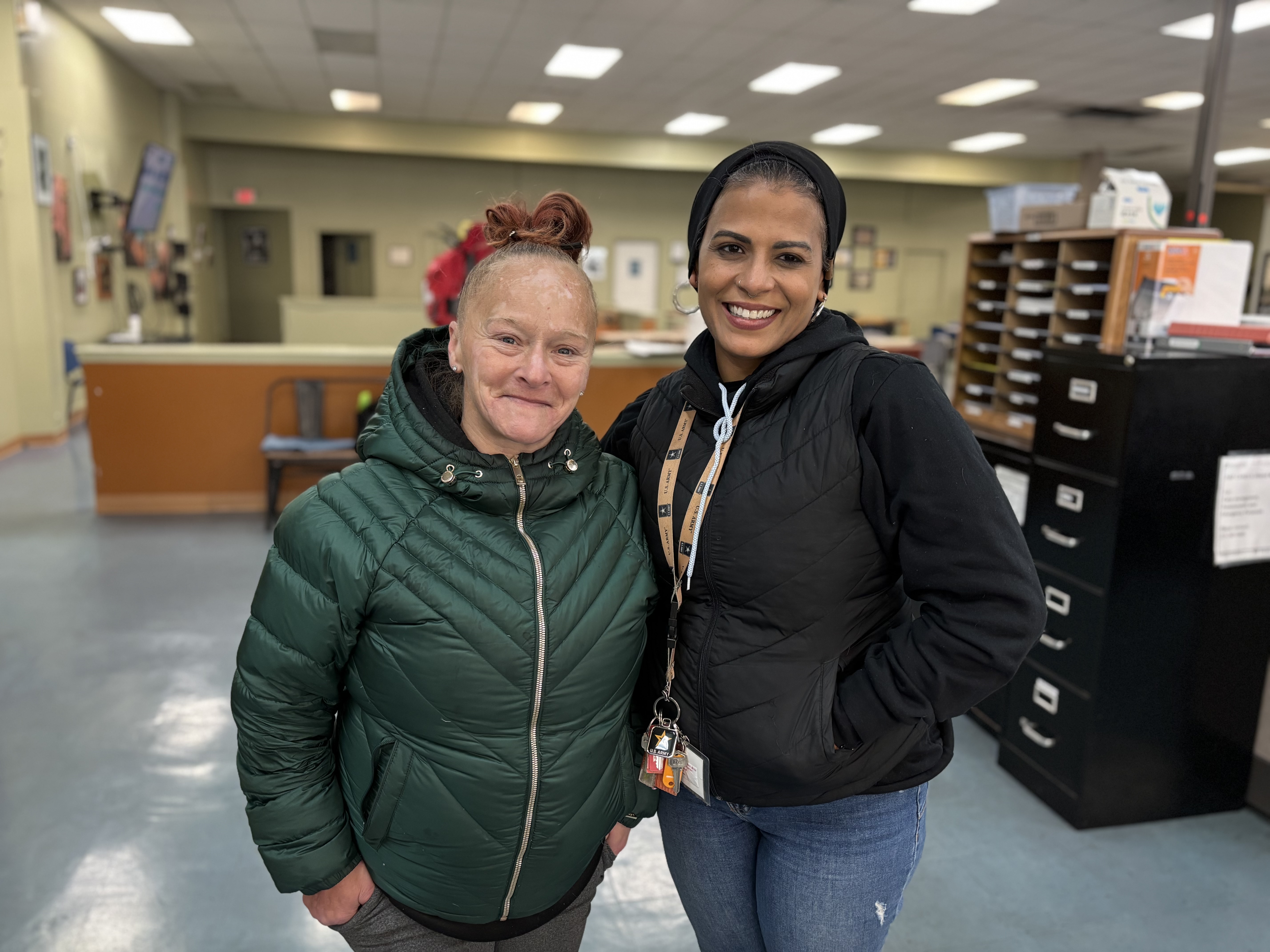
For the first time in 30 years, Lisette is sober. She’d never thought it possible.
“I thought this would be my life forever. I was just going to die using,” says Lisette, 50, who celebrates one year drug-free this January. “I start to think, ‘Alright, I can do some stuff. I can accomplish some things. I’m not this person who was a junkie, living on the street, doing sex work. I’m not that person.”
None of it would have been possible without Prevention Point Philadelphia (PPP) and the dedicated staffers who cared for her when she didn’t care for herself, she says.
“Love. Support. Help. Anything you need, you can get. They do so many things here,” she says. “All you’ve got to do is ask.”
Lisette used to frequent PPP’s weekly Womxn’s Night events, eating the pizza and getting fresh clothes. She didn’t take advantage of PPP’s other programs.
These were women that I trusted with everything. And I don’t trust anyone.
Then, in January 2024, she decided she’d had enough. Within an hour, a PPP staffer had secured her a bed in a rehabilitation center.
“It showed me the hard work that the people here put into making you OK,” she says. “These (PPP staffers) here, I could count on them to give me a warm hug, a hot cup of coffee, a cigarette, an ear. Can I call a doctor for you? What do you need, Lisette? These were women that I trusted with everything. And I don’t trust anyone.”

Lisette didn’t have an easy childhood. Her father was physically abusive. Her stepfather molested her. She was 12 when her mother “walked out the door and didn’t come back,” leaving Lisette and her two younger sisters alone and afraid.
Her sisters went to live with family members. Lisette chose to live with a friend, bouncing around for years.
She started smoking pot at 13, then began taking benzodiazepines. After being prescribed Percocet for kidney stones, she moved on to heroin, then crack cocaine, then fentanyl. She has scars on her arms and ongoing health issues from xylazine.
But that’s in the past. Now she’s sober and looking ahead. She’d like to work with others who struggle with addiction and homelessness.
“The best remedy for people is to see someone who’s done it. I’m not telling them from a book I read. I’m not telling them from a classroom I sat in. I’m telling them from the school of hard knocks that I’ve been to,” she says. “If I can do it, anyone can.”